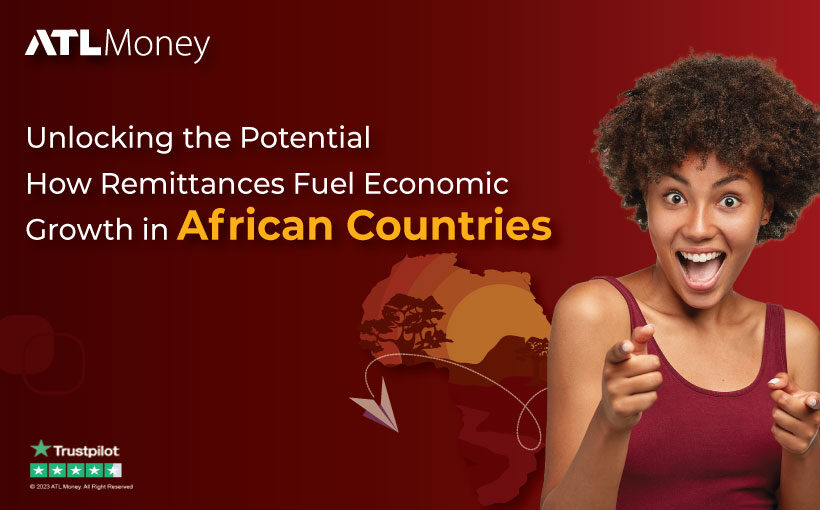As a continent with a rich cultural heritage and abundant natural resources, Africa has tremendous potential for economic growth and development. However, many African countries still struggle with poverty, unemployment, and underinvestment in critical sectors like healthcare and education.
One powerful tool for unlocking this potential and supporting sustainable economic growth in African countries is remittances – the money that migrants send back to their home countries. According to the World Bank, remittances to sub-Saharan Africa reached a record high of $48 billion in 2019, making it the second-largest destination for remittances in the world after South Asia.
So, how do remittances support economic growth and development in African countries? Let’s take a closer look.
The Impact of Remittances on African Economies
Remittances are a significant source of income for many African households. According to the World Bank, in 2020, remittance inflows to Sub-Saharan Africa reached $48 billion, a 4.7% increase compared to the previous year. This amount represents more than 5% of the region’s GDP, making remittances a vital component of many African economies.
But the impact of remittances goes beyond just providing financial support to families. They also contribute to the development of local businesses and communities. In many African countries, small and medium-sized enterprises (SMEs) are the backbone of the economy, and remittances can help them thrive. For example, remittances can be used to invest in a new business or expand an existing one. They can also be used to purchase goods and services from local businesses, creating a ripple effect that benefits the entire community.
The Future of Remittances in Africa
The future of remittances in Africa looks promising, with digital innovation driving growth and improving access. Mobile money has been a game-changer in many African countries, providing a secure and convenient way to send and receive money. According to a report by the GSMA, there were 490 million registered mobile money accounts in Sub-Saharan Africa in 2020, with a transaction value of $495 billion.
As more Africans gain access to digital technologies, the potential for remittances to drive economic growth and development will only increase. The challenge now is to ensure that everyone has access to the tools and services needed to take advantage of this opportunity.
How to Send Money to African Countries with ATLMoney
If you’re looking to send money to African countries, ATLMoney is a reliable and affordable option. Our platform offers a range of payment options, including bank transfers and cash pick-up at partner locations across the continent.
With competitive exchange rates and low fees, ATLMoney ensures that you get the most value for your money when sending funds to your loved ones in Africa. Our 24/7 customer support is always available to answer any questions or concerns you may have, and our commitment to promoting financial literacy and inclusion means that we’re more than just a remittance provider – we’re a partner in your financial journey.
To sum it up, remittances are a big deal for African countries. As more and more Africans are living and working abroad, sending money back home has become an integral part of the economy. But hey, not all remittance providers are created equal. You need to find one that’s reliable, cost-effective, and gets the job done.
That’s where ATLMoney comes in. They’re the top dogs in the international money transfer game, and they know what they’re doing. With ATLMoney, you can send money to African countries from the UK with ease and at a competitive rate. And let’s be real, who doesn’t love a good deal?
Using ATLMoney for your remittance needs is a no-brainer. They’re secure, fast, and super easy to use. Plus, you’ll be supporting the economic growth and development of African countries, which is pretty cool if you ask us.
So, whether you’re sending money to family or supporting a cause, choose ATLMoney. They’re the go-to platform for all your international money transfer needs.
